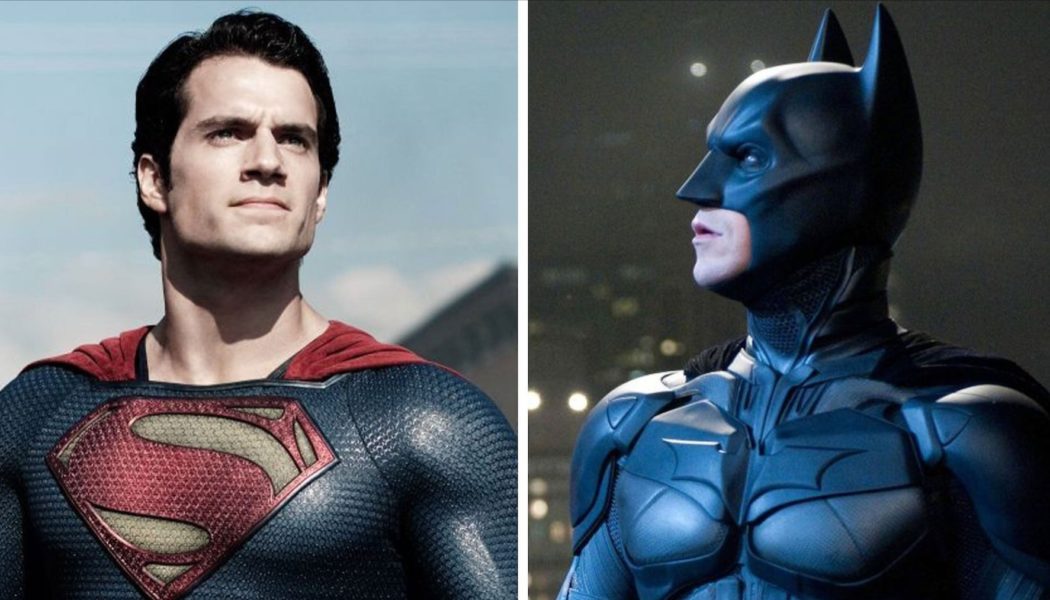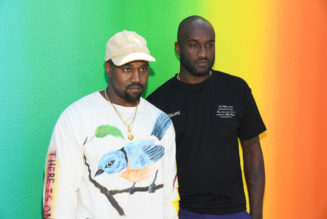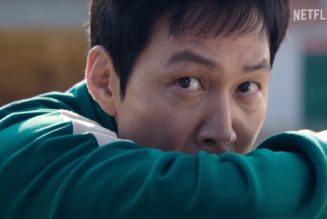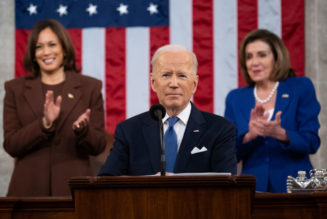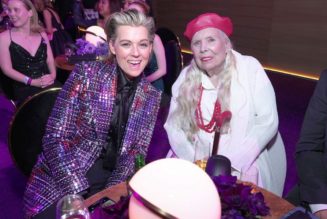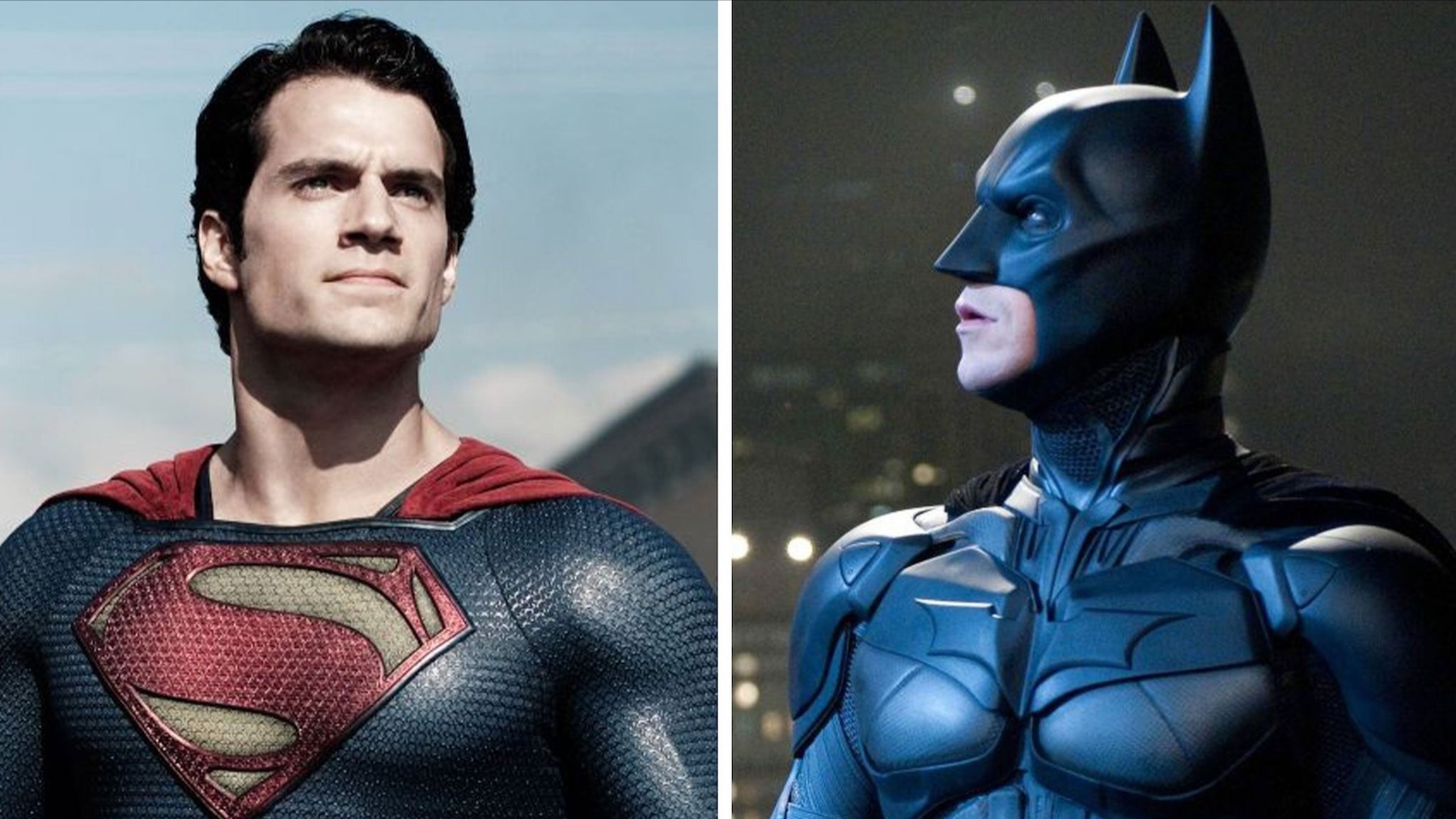
Over the past year, the earliest iterations of Mickey Mouse and Winnie the Pooh have entered the public domain, paving the way for horror projects riffing on the characters. With the copyrights for DC Comics’ biggest characters — Superman, Batman, Joker, and Wonder Woman — entering the public domain in 2034, 2035, 2036, and 2037, respectively, Variety has published a new report explaining how DC and Warner Bros. have begun preparing for the future.
At the most public level, co-head of DC Studios James Gunn has already mapped out a new DC Universe with an eye on spotlighting lesser-known characters. For example, the tentpole film Superman: Legacy will introduce a group of superhumans called The Authority. Along the same lines, a Batman movie titled The Brave and the Bold will star a new Batman actor while expanding members of “the Bat family.” This includes Batman’s biological son, Damian Wayne, as a version of Robin.
Going back two decades, DC’s deputy general counsel Jay Kogan wrote in a 2001 article about protecting characters that would fall into the public domain. This strategy included constantly keeping them “fresh and up-to-date.”
Related Video
“By gradually changing the literary and visual characteristics of a character over time, a character owner can keep whatever the then-current image of the character is as the de facto standard in the public consciousness,” Kogan wrote. He added, “The public should be conditioned to view any works from unrelated parties featuring a trademark owner’s characters as second-rate knockoffs.”
To that end, DC has trademarked nicknames like “Man of Steel” and “Caped Crusader” alongside Superman’s “S” symbol and Batman’s logo. This would limit how Superman and Batman could be portrayed in outside adaptations.
In addition, filmmakers and comic book writers would have to stick to the earliest versions of the characters once the copyrights expire. “You get Batman, but you don’t get Robin,” comic book author and Batman expert Chris Sims explained to Variety. “You get Superman, but you don’t get kryptonite.” Plus, the original iteration of Superman could only leap, but not fly.
For comparison, the version of Mickey Mouse that entered the public domain earlier this year came from 1928’s Steamboat Willie. Mickey was a non-speaking character in the black-and-white film, as opposed to the cheery-voiced anthropomorphic mouse we know today. Thus, any speaking version of Mickey could land creatives in murky legal waters.
But since there’s plenty of money to be made, expect a bevy of Superman and Batman horror movies following in the footsteps of Winnie the Pooh: Blood and Honey and Mickey’s Mouse Trap in the next decade or so.
